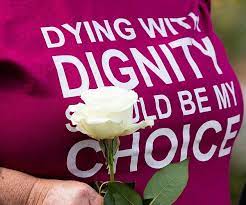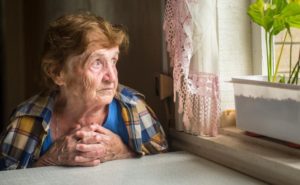

NL Times – June 28, 2022
Minister Ernst Kuipers of Public Health wants to make euthanasia possible for terminally ill children aged 1 to 12 who suffer unbearably and without hope. He is working on a regulation to allow this, with a series of due care criteria like is the case for euthanasia in adults and infants younger than 1, he said in a letter to parliament, the Volkskrant reports.
The Netherlands currently has nothing formally in place to relieve critically- and terminally ill children aged 1 to 12 from unbearable suffering. While a study in 2019 showed a great need for an option to end the life of kids in this age group who suffer “without hope and unbearably.” In the study, parents described how they could do nothing while their children screamed in pain for hours on end or had almost continuous seizures. One mother told how a brain tumor had her child screaming for three days, banging his head, and shouting for help.
Kuipers stressed that this concerns “a small group of terminally ill children who suffer hopelessly and unbearably and for whom all options of palliative care are insufficient to alleviate their suffering.” He opts for regulation instead of a legislative amendment at the request of pediatricians. They worry that a change in the law will spark another polarizing debate while they are looking for a practical solution for a very small group of children who need urgent help.
The Euthanasia Act already allows adults and children over 12 to end their lives if they are suffering unbearably and without hope. The law considers them capable of understanding their situation and the gravity of their decision. Euthanasia presupposes self-determination and competence, considered lacking by children under age 12 by the law.
For infants under the age of 1, the 2005 Groningen protocol applies. It contains guidelines for the termination of the life of infants who suffer unbearably and without hope. Bot parents must give informed permission, and the decision is checked afterward. Kuipers plans to build on this protocol for kids aged 1 to 12.













